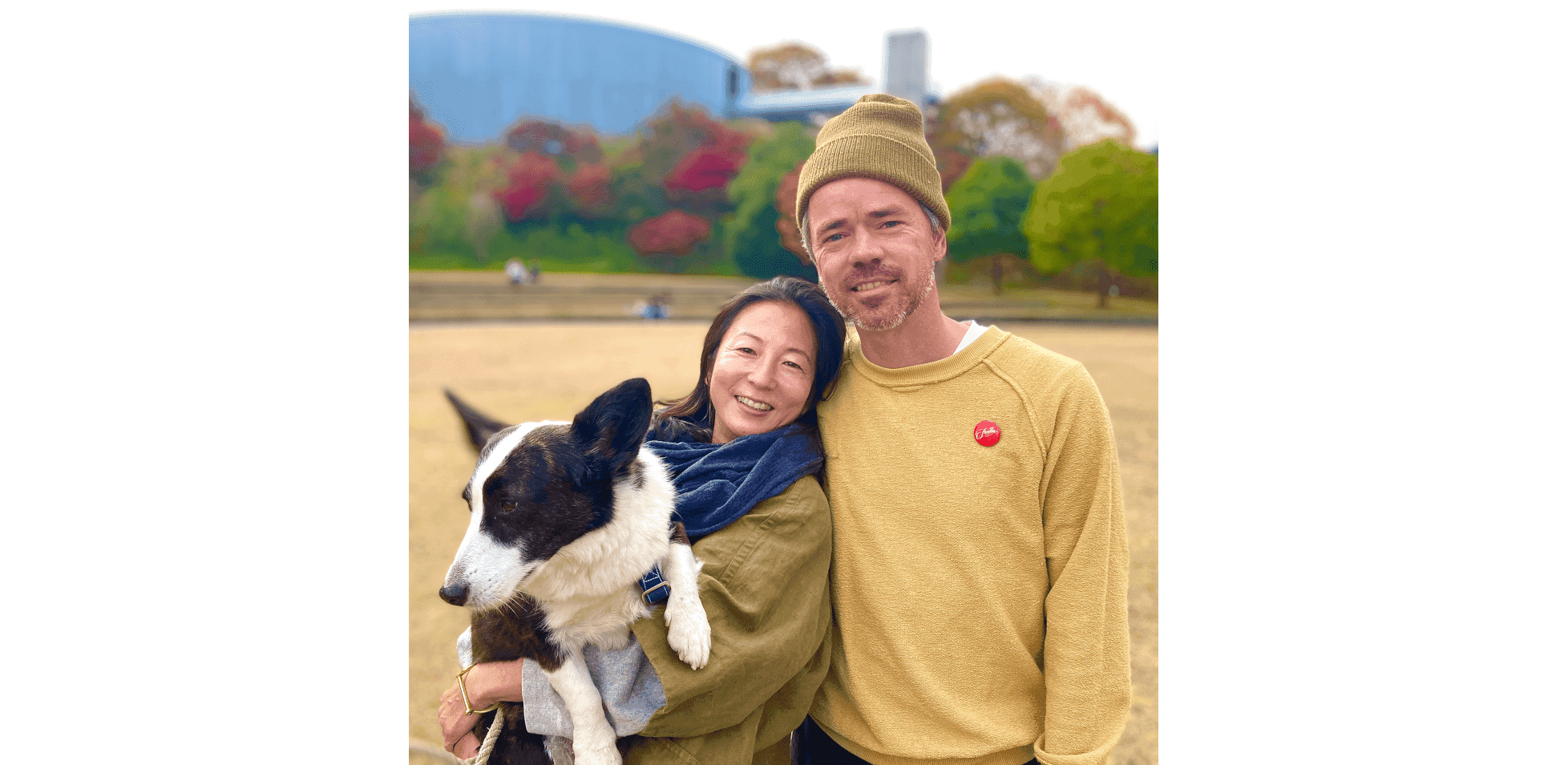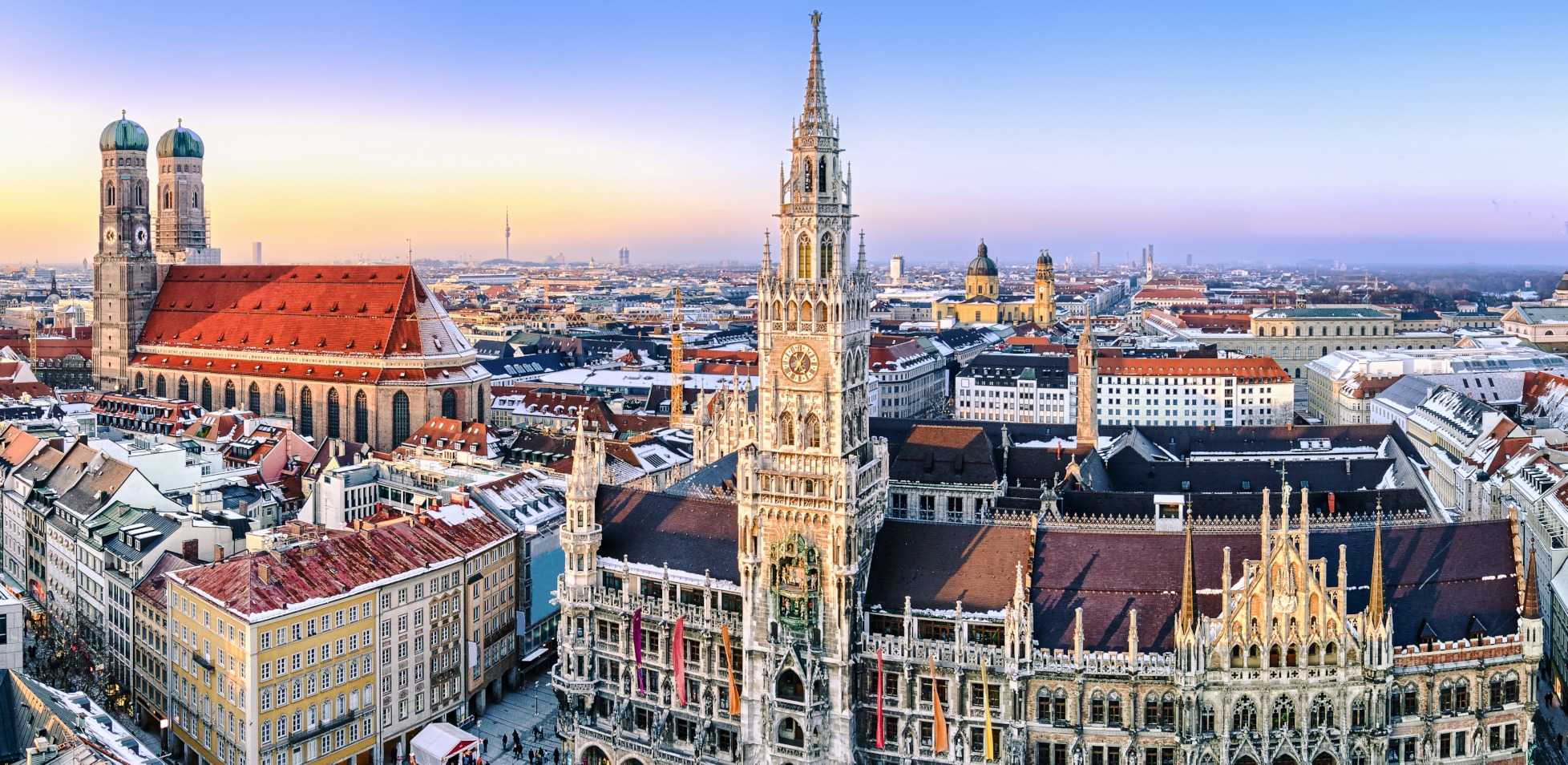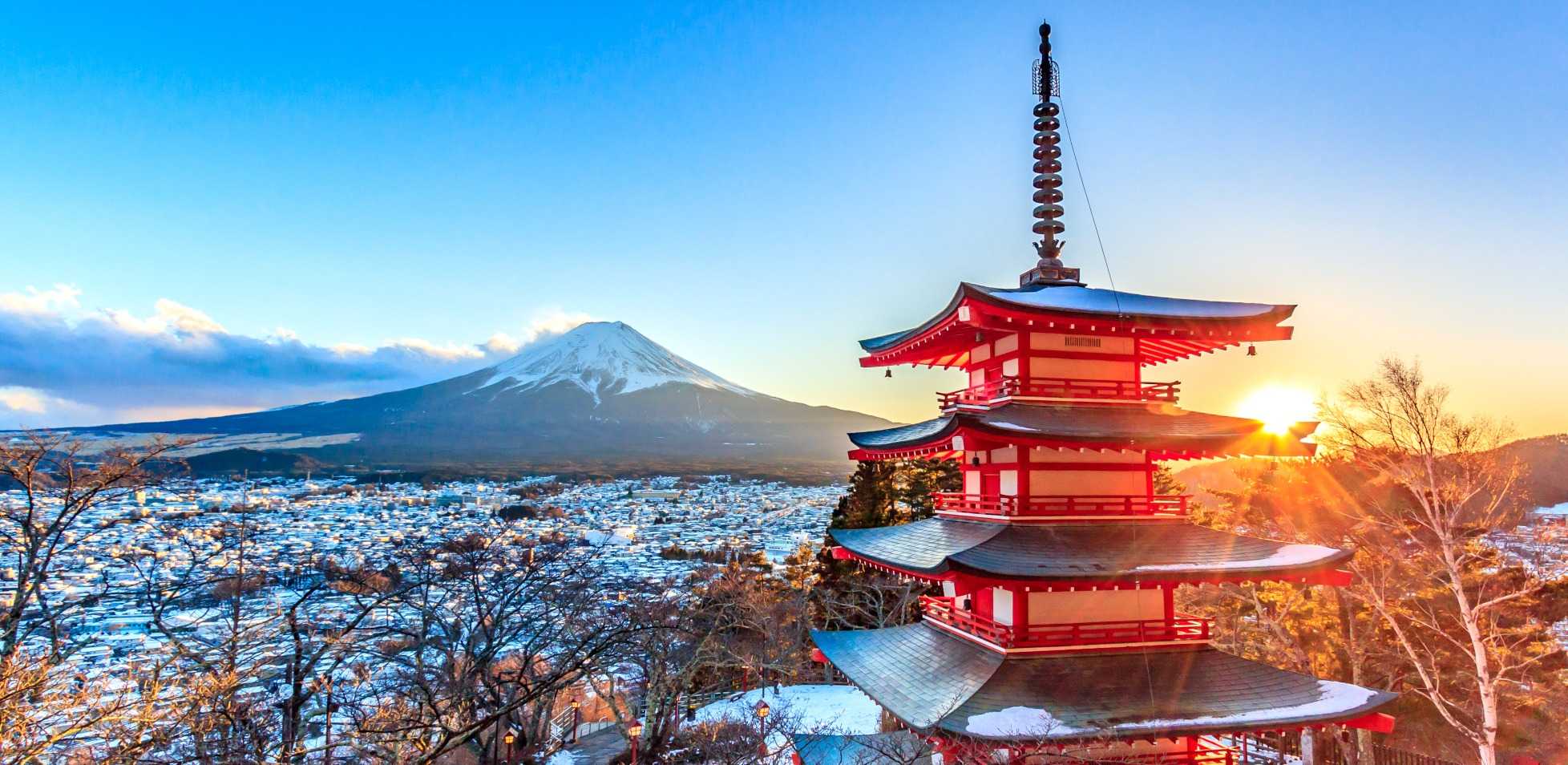Starting a Long Haul
My first few months in Japan were nothing short of extraordinary — I came in on the very last plane entering Japan from Hawaii, just a few hours before the foreigner-ban took effect in April of 2020. I had planned to stay in Hawaii for two full weeks for our honeymoon, but when Japan announced flight bans, I went straight to airport, was forced to buy a round-trip ticket (!), and quarantined in a Tokyo hotel for 14 days waiting for my wife to arrive. And these aren’t complaints whatsoever; it was a harrowing adventure, but an adventure nonetheless, and now in hindsight I’m not sure I could be more grateful to be here.

We’d previously secured a wonderful, wonderful apartment in January of 2020, so despite the complications getting here, I arrived to very comfortable, secure, and convenient circumstances. Osaka was completely shut down, and remained so for what seemed like forever. It left me feeling particularly isolated and alone since most social settings weren’t available. On top of that, with masks covering half of our faces, we lose a great deal of expressive communication, and since I knew no Japanese, the most mundane chore or errand remained difficult.
I relied heavily on Google Translate, took and showed pictures of everything when shopping or asking for directions, and did my best to try to accommodate what is a very different social dynamic from what I’m used to — not just as an American, but as someone whose talents and abilities, professionally and personally, are grounded in socializing.
That loneliness and difficulty balanced out, though, as I found myself making friends through skateboarding. With social opportunities limited, and what I found to be a generally stand-offish foreigner population, there just wasn’t any “grease” to get new friendships and relationships moving. Skateboarding, however, is a culture unto itself. While exploring the city for spots to skate, I just happened upon a group of guys who looked generally my age and generally like me (tattoos, etc). I simply asked them, casually, if I could join and began my first three strong friendships. They introduced me to more people in their crew; my wife and their girlfriends hit it off; and now we’re engrained in the Osaka skateboarding scene.
The moment that clinched my feelings of establishment, or settlement, occurred on New Year’s Eve of 2020. I’d been skating with lots of Japanese skaters for 6+ months, and while random encounters with people I didn’t know or hadn’t met before required Google Translate, my wife was usually with me when I skated with our “Ojisan Crew” (as we affectionately refer to our squad), so while I can follow along with some conversations, she was always there to help me communicate. But a splinter-clique of Osaka skaters who I’d been around before invited me on their annual ritual, which, unbeknownst to me at the time, was kind of a big deal. They annually plot out an entire day of skateboarding and filming which culminates in a celebration at the bar where the “Skater of the Day” gets his/her tab covered for the evening. They’ve been doing it forever.
I’d skated with several of them before, and we all knew each other, but the “Ojisan” are my crew. Regardless of this and the language barrier (as no one spoke English and I speak no Japanese — my wife had to work that day), they invited me on this sort of intimate anniversary expedition. I got a coveted spot in one of the cars, I skated new spots I didn’t even know about, and I shared in an experience I never would have unless I was, in some way, accepted.
I’ve never been uncomfortable in Japan, despite the language barrier, the difference in almost every facet of culture, or the “dulling” of my communicative tools because of COVID-19. But I have been unsure — unsure of how I’m seen or received or regarded. I don’t think I need to know these things, but I’ve wondered. And skating with those guys on New Year’s Eve last year was tacit acceptance. I didn’t wonder those things anymore; I didn’t need to.
I’ve been tremendously blessed during my first two years in Japan, primarily through my wife and her wildly supportive and generous family here. But I also took advantage of something that either allowed me to skirt, or in itself transcends (probably a little of both), traditional social structures. Skateboarding isn’t simply a sport, or a lifestyle. It really is a robust culture unto itself. It can serve as a shared foundation to build relationships from, which is very different from needing something or wanting something because of loneliness, boredom, etc. I suggest whatever YOU have that’s like this, leverage it in order to share experiences.
My advice has more to do with a frame of mind, though, and even with the benefit of superlative support networks and niche cultural associations, it’s a practice that accelerates the benefit-getting from opportunities: whenever I find myself frustrated, or tired of, or WTF-ing something about living in Japan and participating in Japanese society, I reframe things so I’m not focusing on Japanese customs or culture or preference. Instead, I think to myself, “Something I’m having difficulty adjusting to is…”
This framing puts it squarely on me, and is the starting place to finding personal solutions. Because I’m not going to change customs or culture or preference — nor should they change for me. But looking at what actions it might take to adjust, how I can adapt my behavior, what I might even ignore, and what I can change in order to accommodate or assimilate are all things that are proactive and productive.
This framework has been enormously helpful, especially because I’m not looking to cope with difficulties, I’m looking to be done with them. I’m here for the long haul, and it’s going to be a happy one.
Advertisement
About Chad Robertson
I was born just outside Detroit, MI but did most of my growing up in FL. After bouncing around the US on skateboarding adventures, I became a high school English teacher, ending up in Denver, CO and teaching just over 11 years. My wife and I decided to relocate to Osaka in 2020 to pursue family business ventures, and have been building a wonderful life here with our Cardigan Welsh Corgi, Hawthorne, ever since.
Article topics
Related articles
The Expat’s Gremlin Called Shame
As Brené Brown puts it, “shame is the gremlin who says, ‘Uh, uh. You’re not good enough.’” I firmly believe that our own very special expats’ gremlin is particularly creepy. It is small enough in order to fit in our luggage when we move around, so we cannot escape, no matter how fast we move around the globe.
Dealing with Change: An Expat’s Way of Life
Change has been a constant in Isabel’s life, both as a refugee from Cuba and an expat. But with the excitement of every move also came the uncertainty and the need to get used to a new situation. In this article, she tells us how she managed to readjust to the many changes of her expat life.
My Journey from Cairo to Munich
For InterNations member Emy, moving to Germany was a bit of a challenge at first. Despite the green landscape and beautiful nature in and around Munich, the language barrier made getting around a bit difficult … until she decided to learn German. Read Emy’s story about her move abroad!
From a West Island to an East Island Girl!
For Khematee, moving to Japan was a smooth experience. Although luck was definitely on her side, there were some things that required some mental adjustment and resilience on her side. Read Khematee’s story on how she turned from a West island to an East island girl.
My Expat Identity: Where Do I Belong?
When you move from country to country, your sense of self might start changing with every different culture and destination. Have you ever had the feeling you no longer know where you belong? Then you’ll probably relate to our Social Media Intern Yasmin’s story about her own expat identity.




